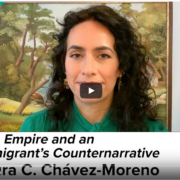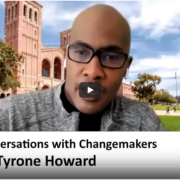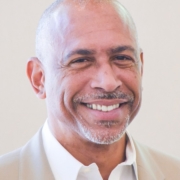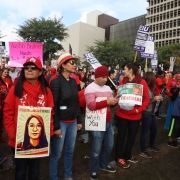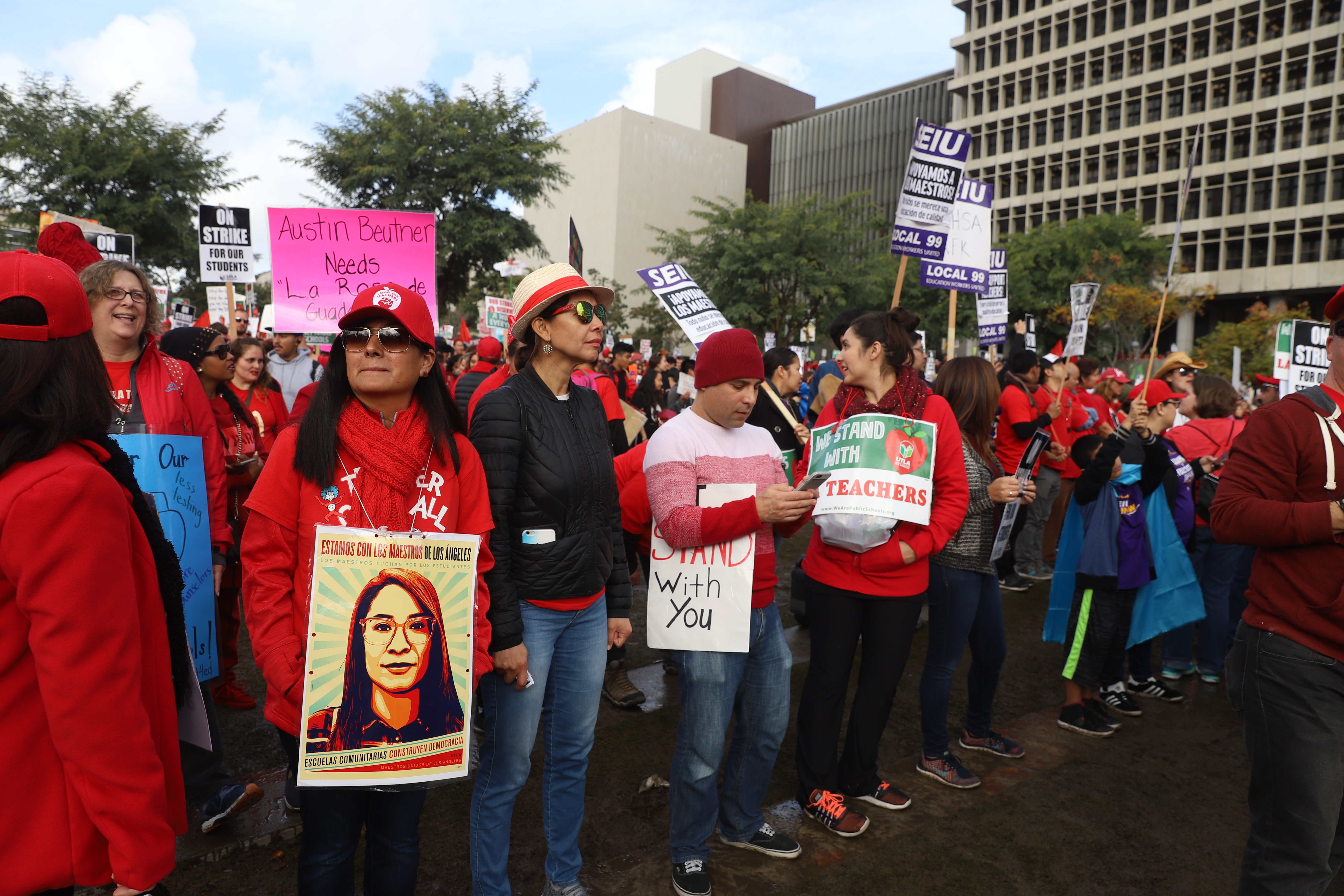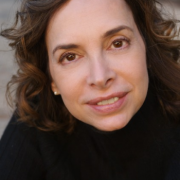By Rhonda Hammer, Lecturer, UCLA Department of Gender Studies
We are in the midst of a Digital Revolution that many scholars find comparable in scope to the Industrial Revolution of the 18th and 19th centuries, which transformed the Western world.
Indeed, it was not so long ago that the Internet and social media were heralded as revolutionary social justice resources for new dimensions of participatory democracy, which allowed for marginalized and oft-suppressed voices to be heard in a public forum.
Yet, as revelations of large scale manipulation emerge post-2016 US presidential election including disinformation, surveillance, data collection and microtargeting by marketers, data resource corporations, political organizations and foreign governments, it becomes increasingly evident that there is an urgent need for courses which teach or incorporate critical media/digital studies.
Loosely defined, critical media literacy involves teaching students to think critically about “the ways media texts are produced, constructed and consumed” as well as to provide skills that help them recognize messages encoded in media/digital texts, many of which are not consciously perceived. (source).
For example: many scholars clearly demonstrate that certain media representations of different groups of people can reinforce negative stereotypical values. These images can be communicated or enhanced in film or television not only by the script and casting but also through production techniques such as lighting, shot framing, music and sound effects (to name a few).
With that in mind, it seems evident that critical media literacy should be essential to contemporary education, including K-12 college and university curricula. And it is this need which best describes the perspective of a newly-revised Gender Studies undergraduate course I teach on “Media: Gender, Race, Class & Sexuality.”
Although I have taught this course for many years, it was only last year that a media production component was implemented largely due to newly available resources through UCLA’s innovative College Library Instructional Computing Commons (CLICC). Not only were camcorder kits made available for check-out by the students, but they also now have access to the extraordinary services of Vince Mitchell, the primary producer and director of UCLA’s on-campus media production center, Studio 22.
During the 2018 winter quarter, Vince and members of his capable student staff conducted weekly workshops as part of the class, teaching the students basic production and post production skills to empower them to plan and construct their own short group media projects.
Given that most of the students had no previous production experience (save for some DIY or high school projects) the final short video programs – which were screened during exam week – were remarkable. Students were broken up into nine group based on their topic interests and asked to produce a 5-10 minute long documentary-style video, critically examining some dimension of media culture and the politics of representation (how marginalized and dominant groups of people are represented in media).
The documentary themes were topical, relevant and reflected student interests in a variety of topics including Representations of Black Masculinity in Hip Hop Music Videos and Social Media and Feminist Voices and Representations of Latina Women and Stereotypes of Asian Portrayals. Here is a link to the media projects produced in this class, which are described and can be publicly viewed online.*
The enthusiasm and pride the students take in these productions was evident during the final screening of their media projects at the end of the course and proved to be an empowering experience for all involved. I hope that other faculty will consider including critical media literacy and/or media/digital instruction and productions in their classes and take advantage of the resources and facilities of CLICC and Vince Mitchell of Studio 22, whose services can be scheduled through Jessica Mentesoglu, Head of Digital Initiatives & Information Technologies Operations Services at UCLA Library. They can both assist in designing highly relevant media-related resources or assignments for your courses.
*Caroline Kong, Instructional Technology Coordinator for Social Science Computing (SSC) set up and designed this accessible, user-friendly website as well as the course’s Moodle page. For assistance with Moodle pages you can contact her.
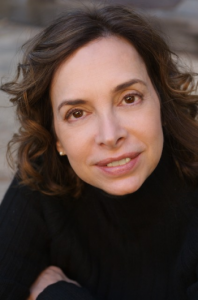 Dr. Rhonda Hammer is a Lecturer in Cinema & Media Studies; the Graduate School of Education, Social Science & Comparative Education; and Gender Studies at UCLA. Her research is in the areas of critical theory; media/cultural studies; critical media literacy; and the politics of representation in film, television, new media, feminisms and engaged pedagogy. She has published numerous articles, chapters and books on these subjects, including her co-edited 2009 anthology, Media/Cultural Studies: Critical Approaches, which describe and analyzes dimensions of contemporary media, consumer, and digital culture.
Dr. Rhonda Hammer is a Lecturer in Cinema & Media Studies; the Graduate School of Education, Social Science & Comparative Education; and Gender Studies at UCLA. Her research is in the areas of critical theory; media/cultural studies; critical media literacy; and the politics of representation in film, television, new media, feminisms and engaged pedagogy. She has published numerous articles, chapters and books on these subjects, including her co-edited 2009 anthology, Media/Cultural Studies: Critical Approaches, which describe and analyzes dimensions of contemporary media, consumer, and digital culture.

